Five Star Babies: Inside the Portland Hospital won’t, I suspect, have been a hard sell to BBC2’s commissioning editors. Childbirth and rich people are both reliably popular subjects for TV documentaries. So why not combine them into one handy package by showing us life at the UK’s only private maternity hospital? And yet, however artificial the programme’s conception, any sociologists studying contemporary Britain’s peculiar attitudes to the very wealthy could have done a lot worse than to tune in to Wednesday’s episode.
‘Parenthood: the great leveller,’ began the narrator — somehow managing not to add a hollow laugh. This sense of irony, though, was short-lived. Like most documentaries about luxury living since at least the time of Alan Whicker, Five Star Babies soon went native: presenting its tales of excess with a mixture of head-shaking wonder and straight admiration — and generally behaving rather as Basil Fawlty did when faced with Lord Melbury. Over the years, several prestigious British institutions have come to regret letting the television cameras in. Portland Hospital, it seems safe to say, won’t be one of them.
We were, for example, breathlessly informed that fine dining is offered 24 hours a day for any new mums who fancy, say, wild wood pigeon with lentil, chorizo and spinach at two in the morning. All requests for such simple add-ons as totally refurbishing and redecorating the rooms are cheerfully met, although CEO Janene Madden did confess that, despite the policy of elective C-sections, she can’t always guarantee the precise time of birth — even for people who understandably want their child to emerge at seven minutes past seven on the seventh day of the seventh month. (She will, mind you, do her best.)
The Portland’s cheapest rooms, complete with what the narrator scornfully referred to as ‘medical grade furniture’, cost £1,200 a night. Inevitably, however, the programme preferred to focus on the people in the suites, beginning with Leon and Bella, a Chinese couple now living in London where Leon is a financial analyst. ‘Happy wife, happy life,’ he said resignedly, as he stumped up the best part of 20 grand.
But of course these were people for us to gaze at rather than identify with. Instead, our representatives in Portland were the below-stairs staff, whose salt-of-the-earth charms included the ability to regard their betters with a kind of twinkly indulgence that suggested there really is such a thing as good-natured, non-resentful envy. (Think Downtown Abbey with epidurals.)
And we had even further to gaze when it came to the ‘onslaught of VIPs’, including ‘a Kuwaiti princess and the wife of a Premier League footballer’, about which the programme was in a lather of excitement from the start. Unfortunately, when these objects of awe did finally arrive, we caught not a single glimpse. The nearest we got was an advance meeting with the princess’s PA, who outlined the royal party’s many requirements: a meeting later described by a young member of Portland’s VIP team as ‘motivational’. ‘One day, I want to have that much money,’ she told us eagerly — if perhaps a bit ambitiously.
Meanwhile, in a miraculously fertile period for twisting dramas, who would have thought that one of the most gripping of all should have come with an avalanche of spoilers supplied by real life? But, as it turned out, The People v OJ Simpson (BBC2, Monday) worked so well not just because it was deftly written and beautifully acted, but also because knowing the outcome made the story feel, if anything, even more astonishing than it did at the time.
Given the continuing delicacy of the racial issues involved, this American series deserves particular credit for tackling them so bluntly. On the one hand, it was pretty clear that the mostly black jury weren’t terribly bothered whether Simpson had killed his wife and Ron Goldman. On the other, we were made to realise why the fantasy of victimhood they plumped for instead wasn’t necessarily that fantastical. After all, the chief investigating officer really had been caught on tape proposing that all ‘niggers’ should be rounded up and burned.
While never forgetting its duties as a drama, the series unpicked the many complications with impressive thoroughness. Even so, one mystery that remained intriguingly in place was Simpson himself. Here was a man who’d either murdered two people or been framed in the most vicious way imaginable (although we weren’t left in much doubt as to which it was). Yet, at no point did we have a clue what he was thinking. In theory, having an almost total blank where the main character should be is a serious flaw in any drama. In practice, the idea that OJ Simpson was more or less irrelevant to his own trial ended up seeming powerfully perceptive.
Got something to add? Join the discussion and comment below.
Get 10 issues for just $10
Subscribe to The Spectator Australia today for the next 10 magazine issues, plus full online access, for just $10.

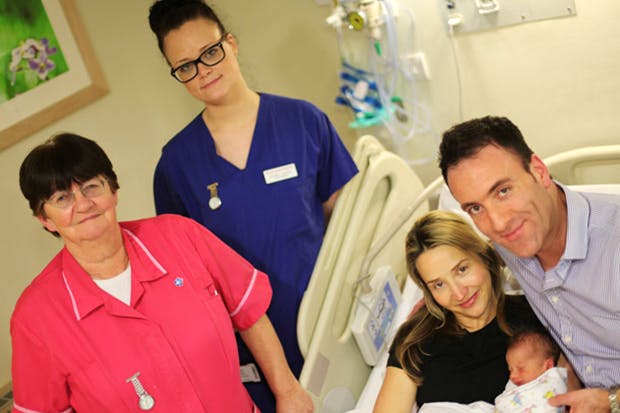
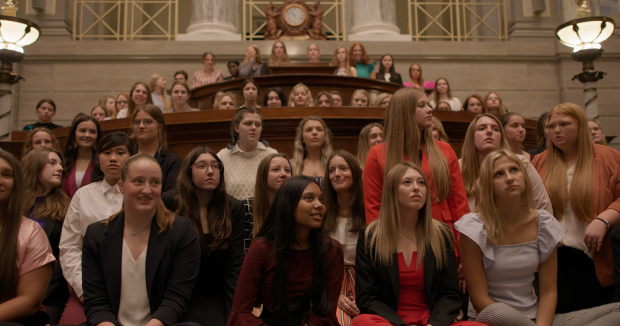


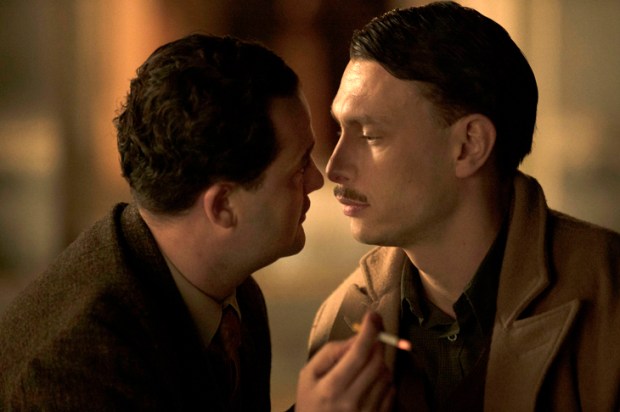
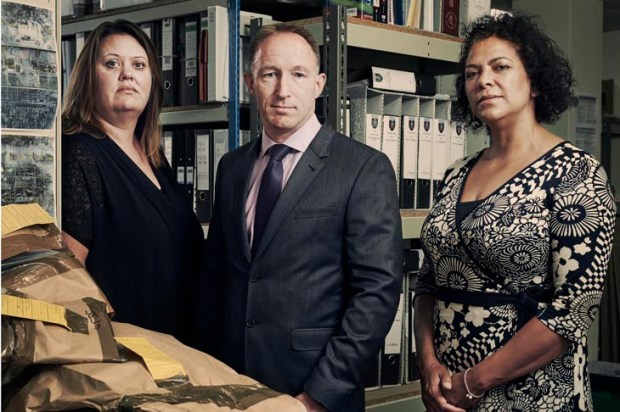
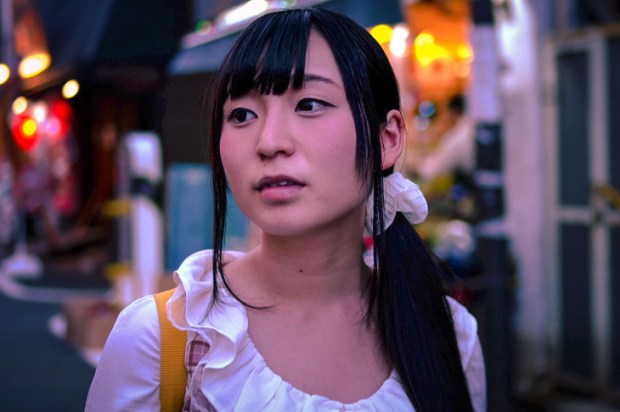






Comments
Don't miss out
Join the conversation with other Spectator Australia readers. Subscribe to leave a comment.
SUBSCRIBEAlready a subscriber? Log in